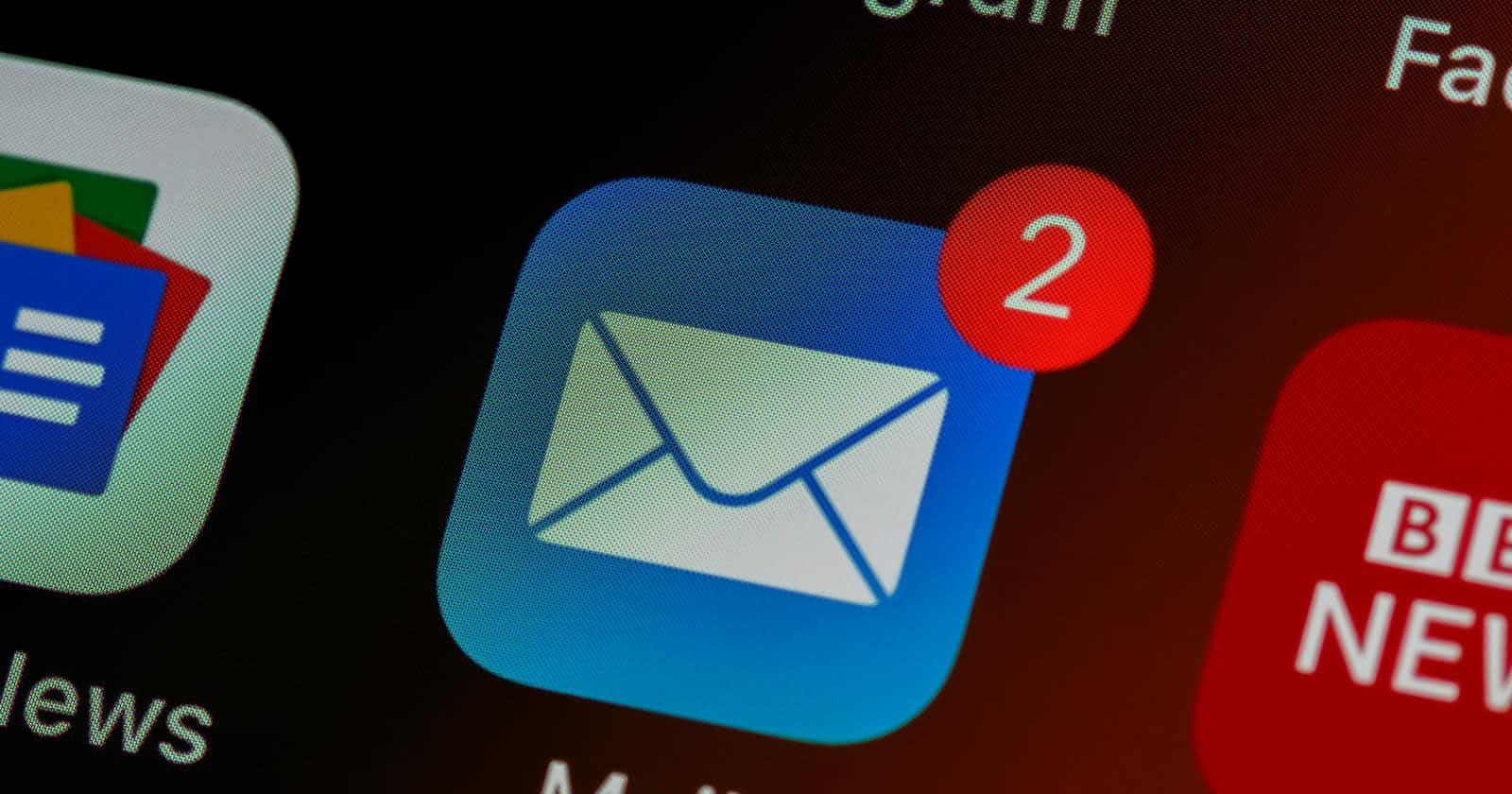Nowadays, everyone sends or receives electronic mail (e-mails). They are fast, simple, efficient and accurate. They increase the speed, flow, and access to the information. We receive our favourite brand deals, promotional content, important documents, newsletters, bank statements, job applications, and even interview calls via email! Cool isn't it?
But wait here's the problem as the email travels across the internet, each server will use electricity to temporarily store it, before passing it. For example, a 10KB email uses 0.074 microwatts of electricity and a 500KB email consumes up to 3.7 microswatts of electricity. This electricity is responsible for 4g of CO2 emissions. If a picture or a file is attached then the carbon footprint rises to 50g!
Such a small number doesn't even matter, right? But think about the number of emails, and newsletters we receive every day. Today approximately, 347.3 billion emails are sent per day, that is almost 4 million emails per second. A typical office worker that sends 140 emails per day, which creates as much as watching 955 movies, over a year!
Talk for Solutions!
If you have understood the problem, let's talk about the solution! Here's what you can do to be part of the solution:
Unsubscribe from all the newsletters, promotional and super exclusive offers websites that are no longer needed or are irrelevant.
Reach out to the audience, and obtain content before sending out digital advertising, so one can find the right audience!
Delete unimportant, spam emails frequently.
What companies can do?
Buy certified 100% renewable energy.
Investing in equipment with reduced environmental impact.
Encourage employees to turn off electronics when away from their desks.
Arranging awareness campaigns about technology and its effect on the environment.
Conclusion
Emails, although an important part of our life and work culture, can be harmful to our mother, our EARTH. Emails leave a carbon footprint, leading to environmental issues. So, everyone needs to think twice before sending unnecessary mail!

